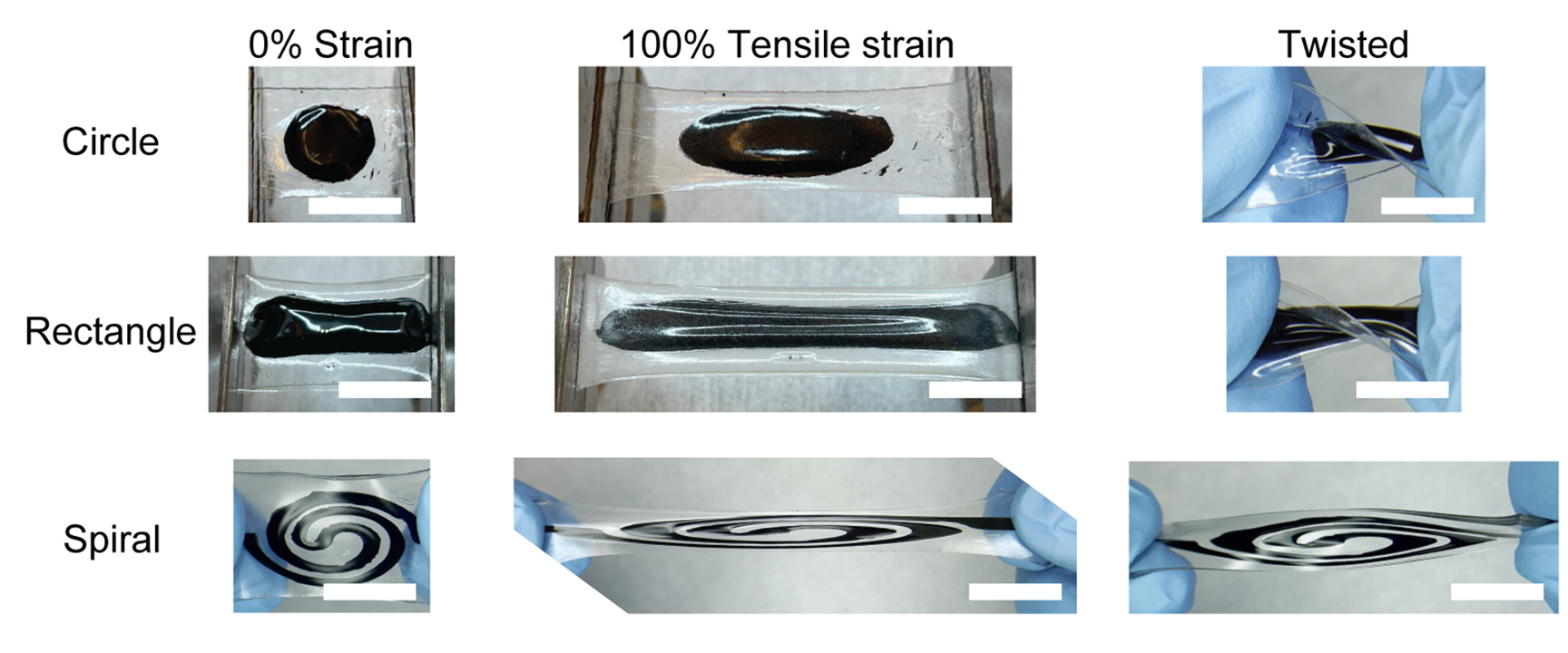Swedish researchers have developed a malleable battery with a toothpaste-like consistency that can be shaped into various forms. The battery, created by scientists at Linkoping University, uses conductive plastics and lignin, a sustainable byproduct from paper production. This development addresses limitations of previous stretchable batteries, which became more rigid as their capacity increased.
“Here, we’ve solved that problem, and we’re the first to show that capacity is independent of rigidity,” said Aiman Rahmanudin, co-author of the study published in Science. The material’s paste-like texture allows it to be used in 3D printers to create custom battery shapes, potentially enabling new applications in wearable devices, medical equipment, and robotics.
The new battery formulation offers sustainability advantages over existing options. “Since the materials in the battery are conjugated polymers and lignin, the raw materials are abundant,” explained Mohsen Mohammadi, the postdoctoral fellow who led the research. The prototype has demonstrated durability, maintaining performance after 500 charge-discharge cycles and functioning normally even when stretched to twice its length.
Despite these advances, the technology faces limitations before commercial use is possible. The current prototype stores only 1 volt, less than eight percent of a standard car battery’s voltage. However, the researchers suggest that incorporating common metals like zinc or manganese could increase voltage while maintaining the battery’s flexible properties.
The study highlights that “with the highly deformable nature of the fluids, form factor-free battery configurations can be achieved that are highly suited for integration in next-generation wearable devices.” This flexibility in design represents a notable step forward in battery technology for compact devices and applications where traditional rigid batteries present limitations.
Source: ndtv.com


